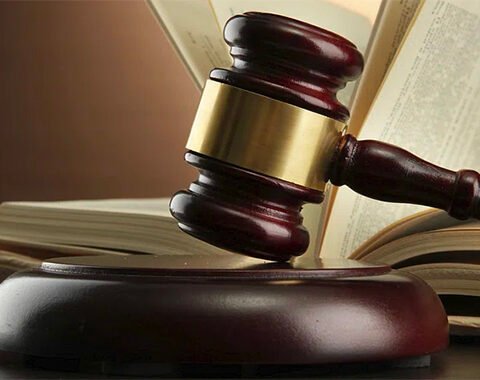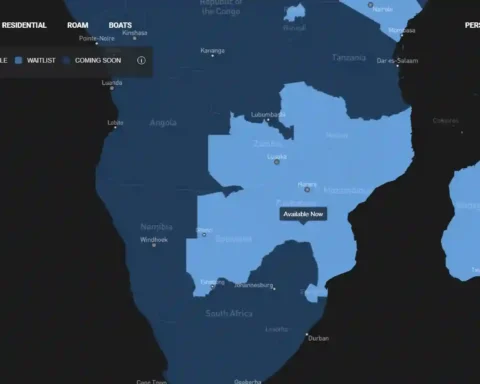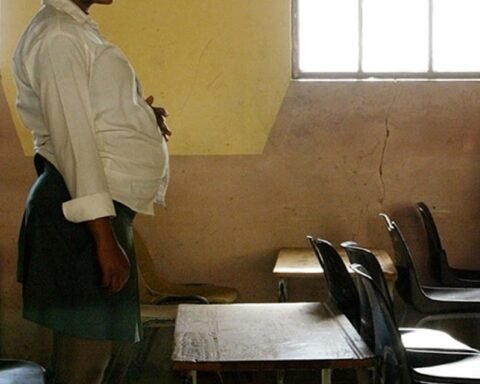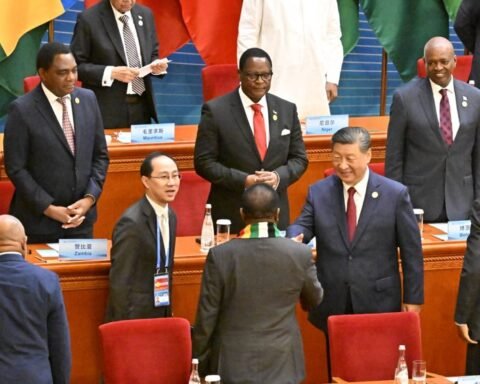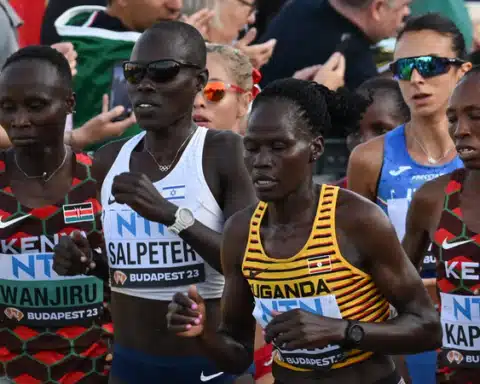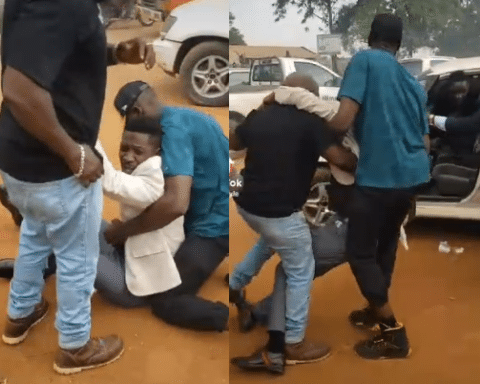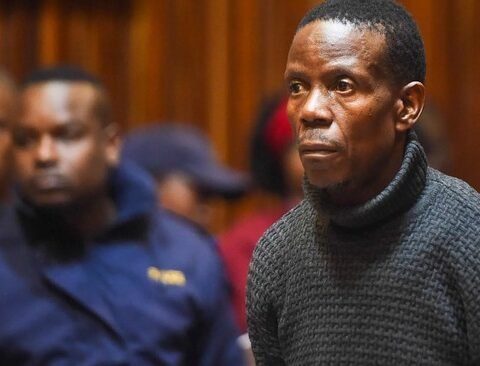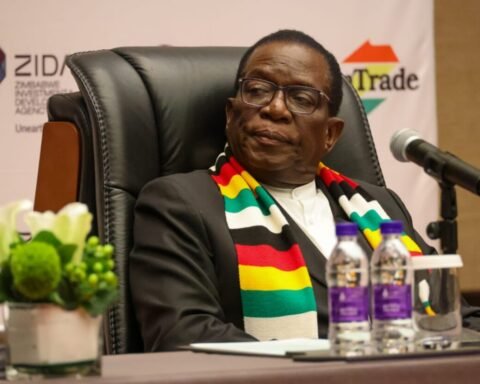Harare – Zimbabwe incoming president faces a raft of challenges after replacing Robert Mugabe, who was forced to quit in November after 37 years in office, leaving a broken economy with a collapsed currency, and a treasury unable to pay its debts or take out new ones.
Emmerson Mnangagwa narrowly won the general election with 50.8 percent in the presidential race while MDC Alliance leader Nelson Chamisa garnered 44.3 percent.
By all accounts the election was not without fault and particularly the EU whose support is needed to rebuild an economy beset by mass unemployment, dire cash shortages and crumbling infrastructure after two decades of misrule under Robert Mugabe, were scathing their views.
In its preliminary statement the EU EOM pointed out to an improved political climate, inclusive participation rights and a peaceful vote, but unlevel playing field, intimidation of voters and lack of trust in the process undermined the pre-election environment and said it now hope for a transparent and traceable results process.
Now the nation awaits the final report from EU to be delivered after the completion of the entire electoral process.
The International Republican Institute and the National Democratic Institute from the U.S. said improvements in the political environment probably weren’t enough to convince voters they could oppose the ruling party without fear of retribution.
The election won praise in preliminary assessments by observers from the African Union and the Southern African Development Community — groups that seldom criticize their member states.
Both political and economic analysts agree that Mnangagwa has to deal with issues of legitimacy as it is still being questioned in some circles and investors may have watched the election with scepticism, especially the violence.
A former spy chief and deputy president, the 75-year-old Mnangagwa first took office in November after the military seized control of the country and the ruling party forced Mugabe to step down.
He pledged to hold credible elections, declared the country open for business and assured investors that land grabs that started in 2000 and triggered the southern African nation’s economic collapse were a thing of the past.
The new administration’s targets include an annual economic growth rate of at least 6 percent over the next five years, attracting $5 billion in foreign direct investment and $10 billion in domestic investment a year.
That’s going to be easier said than done.
The International Monetary Fund sees the $17.5 billion economy growing an average of 4.2 percent a year through 2022, and the nation secured just $289 million of foreign direct investment last year, according to the United Nations Conference on Trade and Development.
Cash shortages remain a challenge in Zimbabwe with more than 98 percent of transactions being conducted electronically and local banks still limiting withdrawals thus making it difficult for business to pay wages timeously.
Zimbabwe has relied mainly on the U.S. dollar since scrapping its own currency in 2009 to halt hyperinflation that saw prices double every day. The government’s introduction of bond notes, a dollar-backed quasi-currency, to ease the liquidity crisis has helped little.
The state’s finances are also in a mess. It spends almost the entire national budget on wages for its 350,000 employees and owns about 100 cash-strapped and largely dysfunctional companies, while a broke Treasury battles to collect tax revenue.
Zimbabwe is also saddled with $1.7 billion of arrears owed to the African Development Bank and World Bank that it needs to clear before it can tap new loans from multilateral lenders.
An economist at Exotix Capital, Christopher Dielmann is on record saying Zimbabwe need to try and secure donor financing through grants or concessional loans, or even a commercial bridge loan that will allow them to clear outstanding arrears to multilateral institutions, which will pave the way forward to achieving debt relief.
According to Zimbabwe election outcome analysis by Bloomberg, Executive Director of political risk advisory firm EXX Africa Robert Besseling expects the fallout over the disputed elections will probably subside, enabling the government to begin repairing its reputation and court investments and debt relief.
He pointed out that significant inflows from the European Union and U.S. may depend on a commitment by Mnangagwa’s administration to a debt-repayment plan and possibly reaching out to the opposition.
Moreover, Mnangagwa may find his room for schemes limited by his small margin of victory and the main opposition candidate’s strong showing.
Also Mnangagwa will need to make conciliatory overtures to his political opponents if he’s to get the country back on track.
The most immediate challenge for the winner is uniting the nation so that there is cohesion and common purpose to tackle the larger task of rebuilding a tumble-down economy.
In March this year, Mnangagwa pledged to turn around the economy of Zimbabwe after decades of stagnation and isolation into a middle-income economy by 2030.
According to the World Bank, a middle-income economy is one with a gross national income ranging between US$1 005 and US$12 235 per capita.
Currently, the World Bank classifies Zimbabwe as a low-income economy.
Previously the World Bank referred to low-income and middle-income economies as developing economies but changed the nomenclature in 2016, citing lack of specificity in that term.

